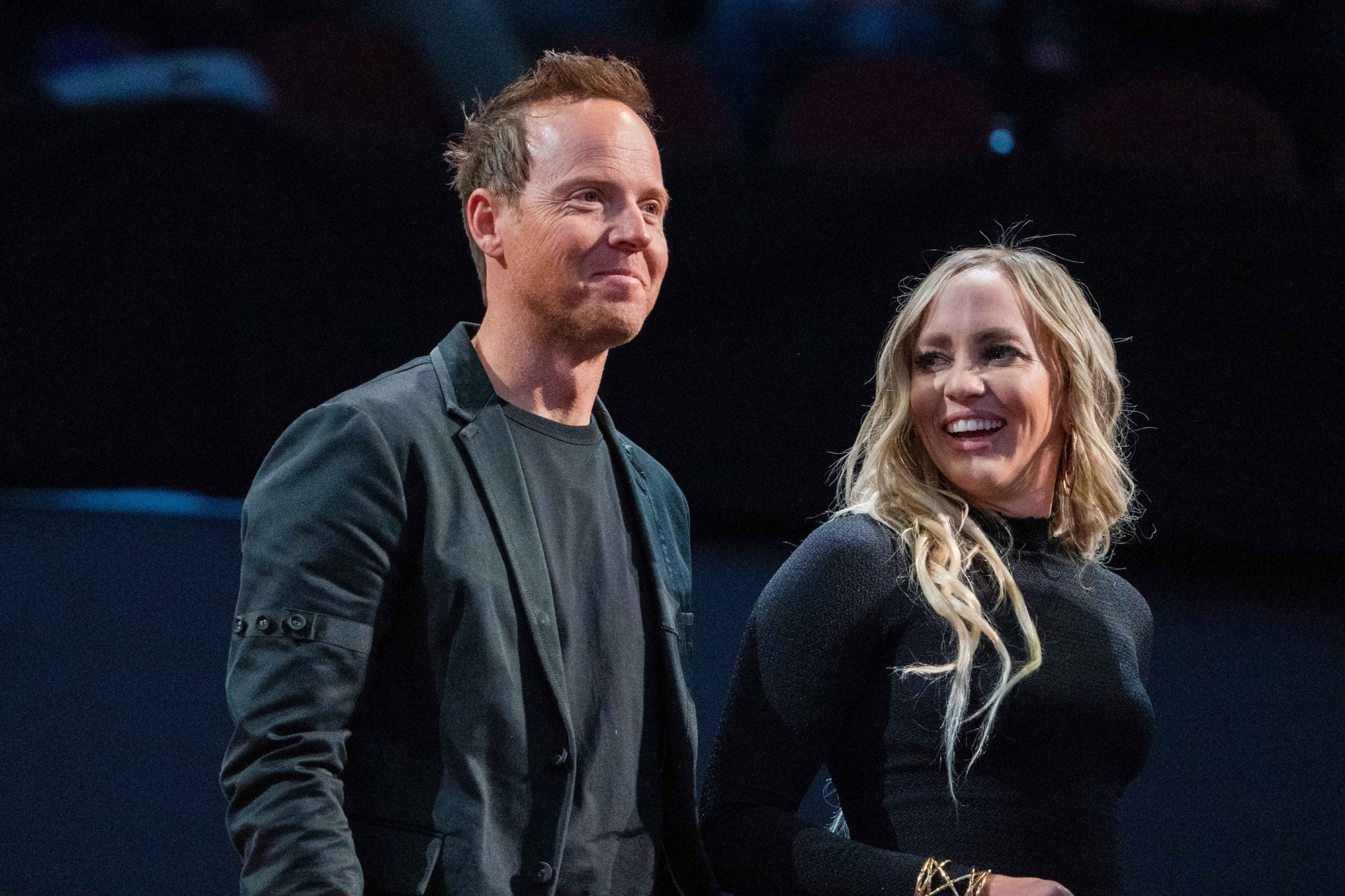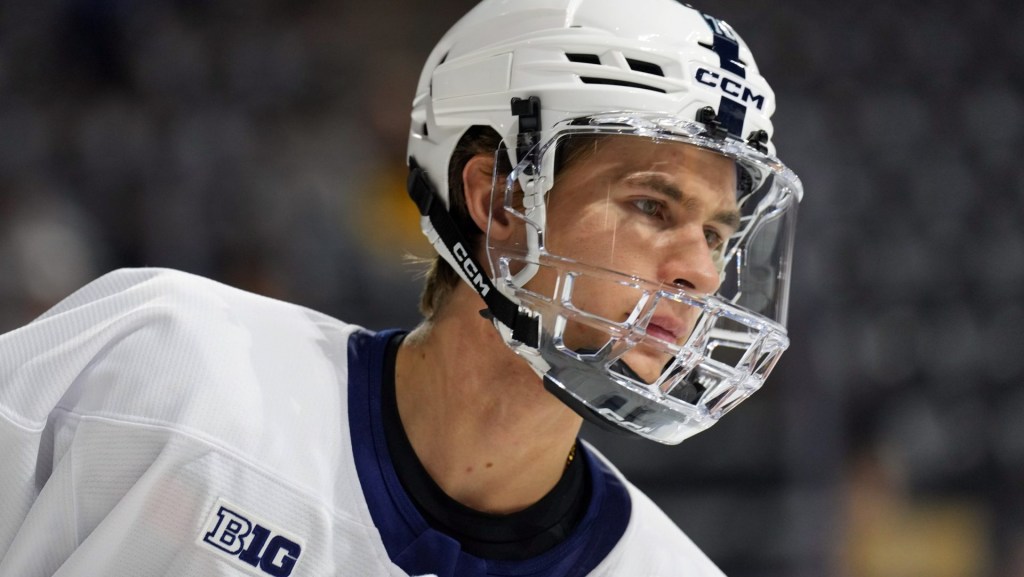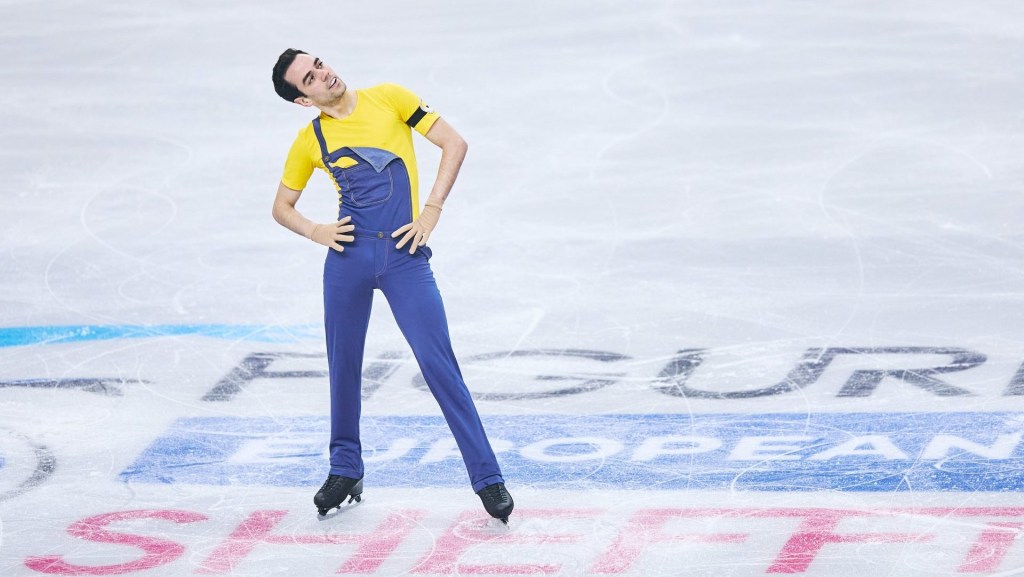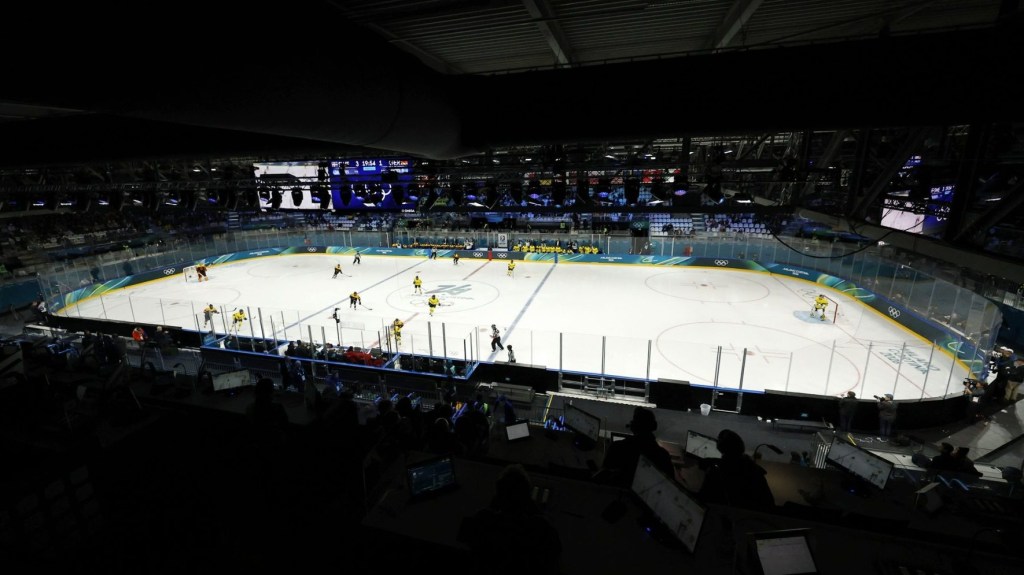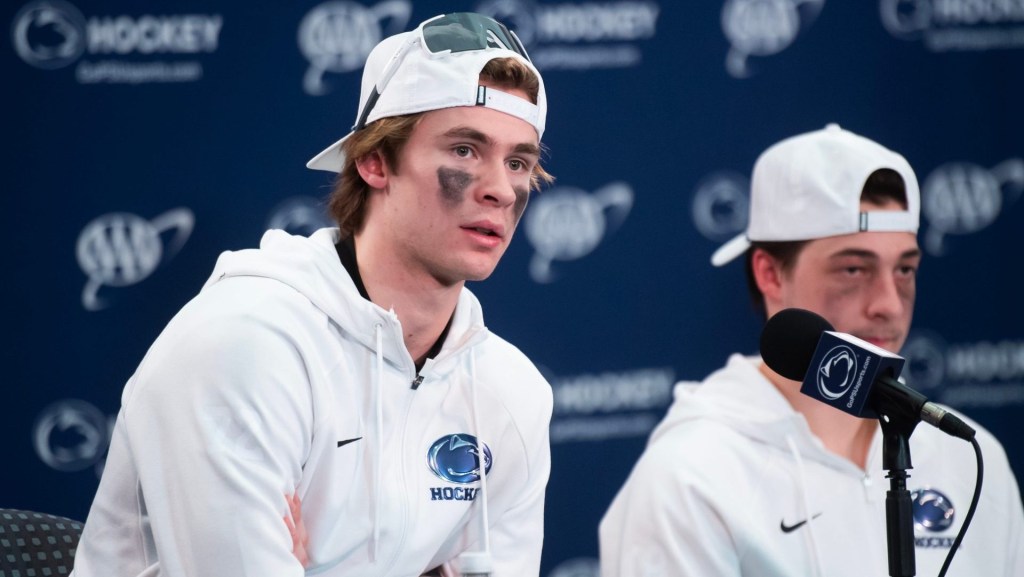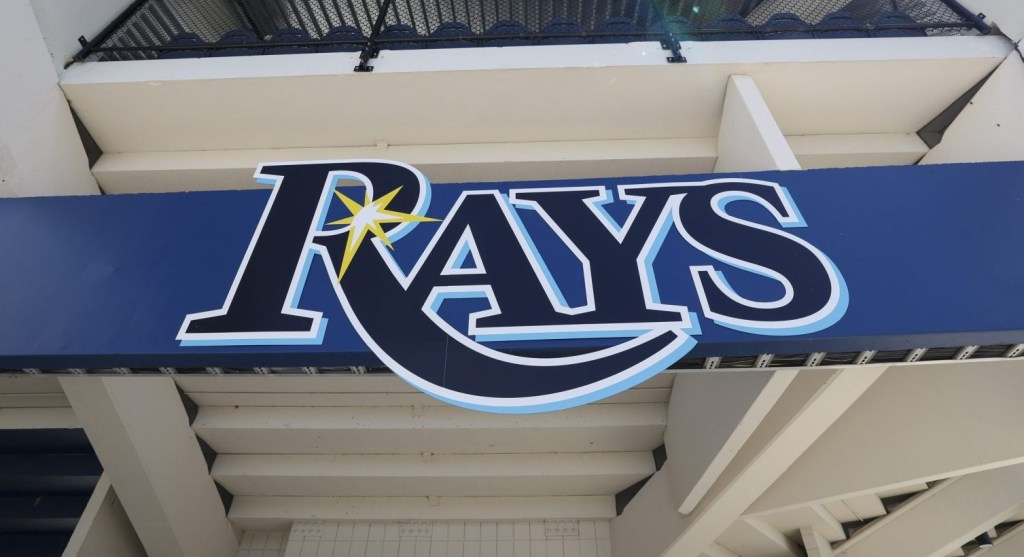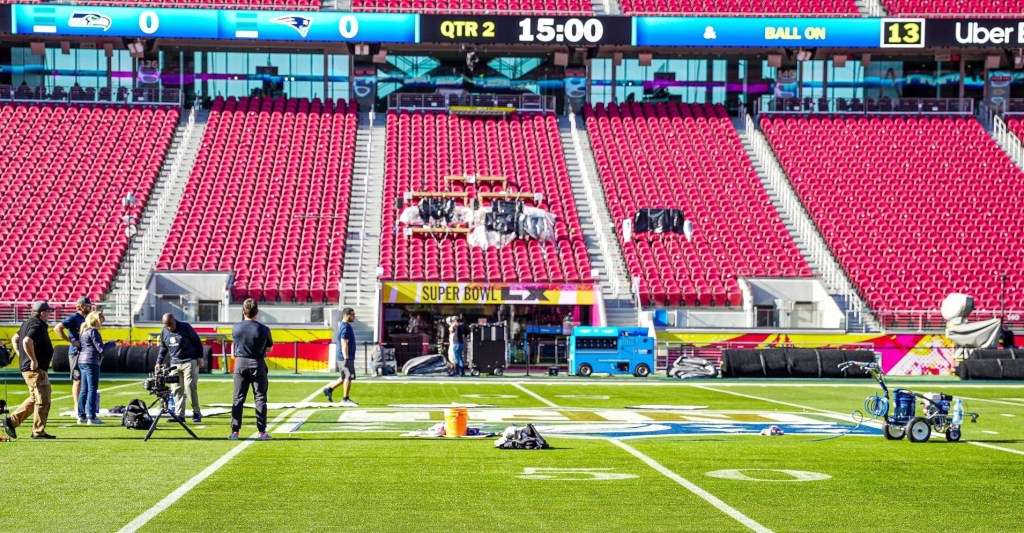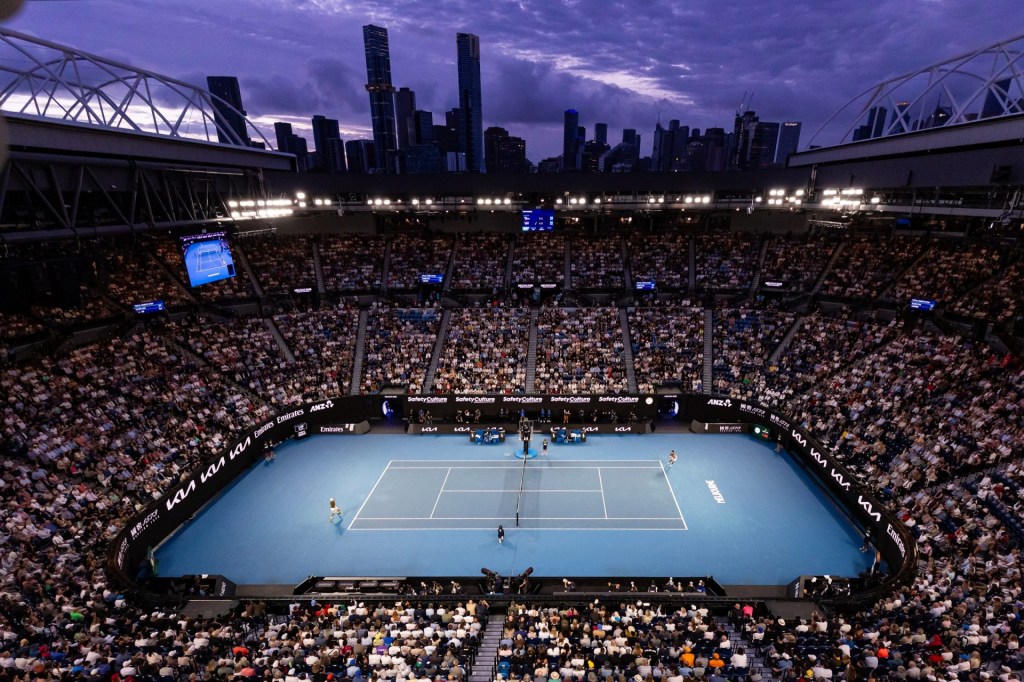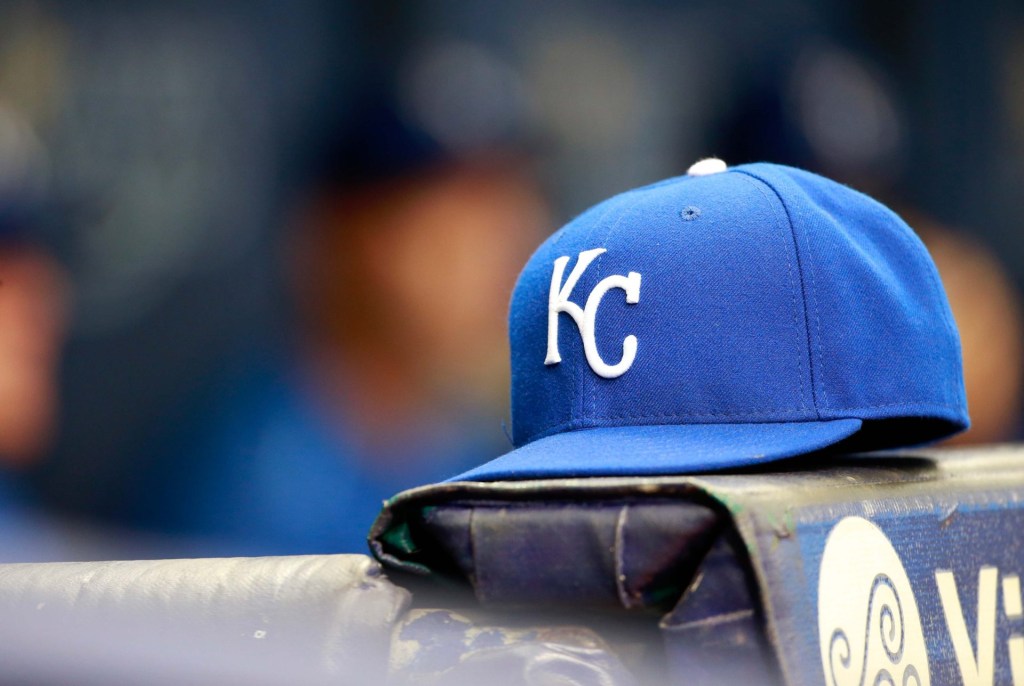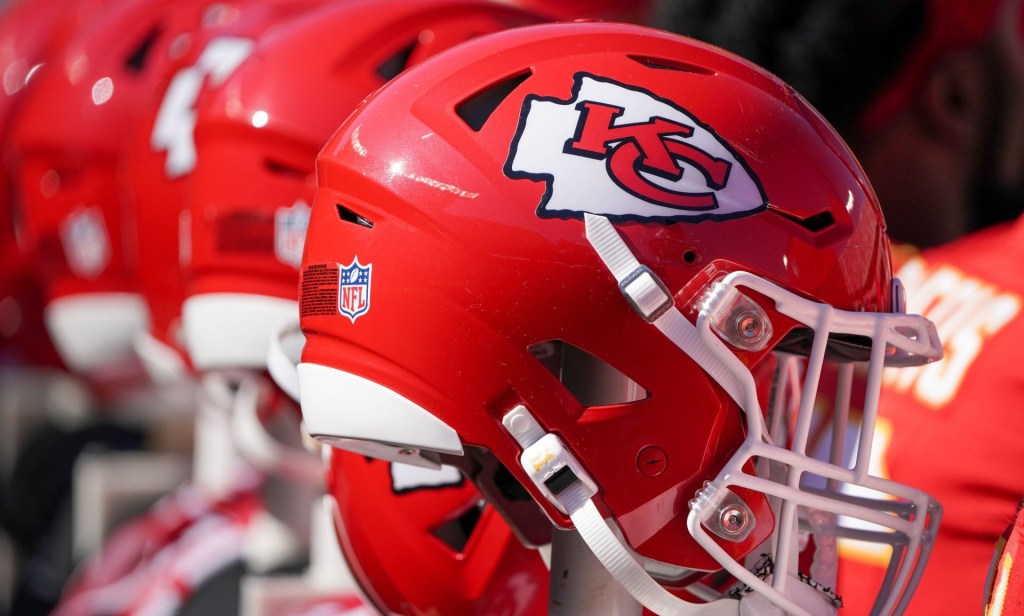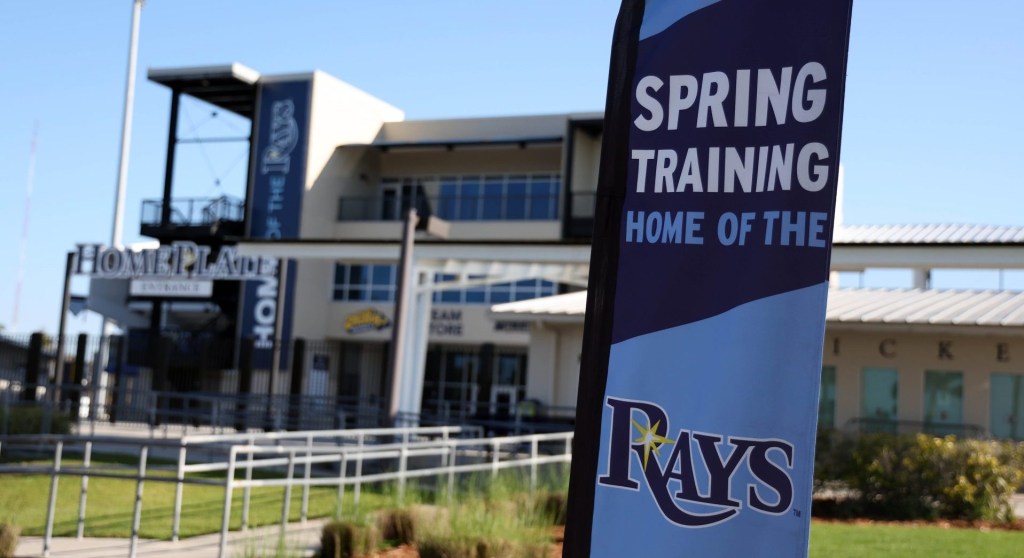Salt Lake City’s ascendancy as a top-tier sports market is receiving further boosts spanning pro and Olympic sports.
As scheduled, players and coaches from the NHL franchise newly relocated there from Arizona made their first formal visit to the Delta Center to see their new home. Far from a simple meet-and-greet with team owner Ryan Smith (above, left), the event featured a free fan celebration at the arena, attended by more than 12,000, including Utah Gov. Spencer Cox, with some fans turned away as capacity was reached. Those team members were also greeted at the airport by about 100 players from local youth hockey programs.
The event was part of an ongoing effort by Smith and the NHL to further establish the franchise in its new locale. Already, more than 29,000 season-ticket deposits have been received, and Smith has indicated a bracket-style fan contest is being developed to select the team name. An anonymous applicant, rumored to be connected to Smith, has filed trademark applications for Mammoth, Ice, Yetis, Venom, Fury, Blizzard, Outlaws, Utah Hockey Club, and Utah HC.
“My first impression when I walk in the building is being sad to think I have to wait four, five months to get back,” said coach André Tourigny.
Olympic Push
Salt Lake City’s efforts to regain the Olympics, meanwhile, have moved further ahead as after being named last fall as the preferred bidder for the 2034 Games, the city is now all but guaranteed to get the event as no other city is bidding. And as the IOC has openly mused for more than a year about creating a more standardized rotation of Olympics hosts, in part a response to sustainability and climate change, Salt Lake could ultimately become an even more regular site for the Games.
“We are in an environment here where we look for opportunities more than concerns,” Olympic Games executive director Christophe Dubi said earlier this month at a site visit to Salt Lake. “For the next 10 years, we’re not so much looking at what is challenging, but what are the opportunities to work together.”
The city also hosted the 2002 Olympics, and, while the bid to win that event became mired in a bribery and fraud scandal, the locale still won praise for its facilities and compact event layout.
The sports development in Utah is intertwined with broader growth trends in the state. Utah led the 2020 U.S. Census in population growth, with an 18.4% spike between ’10 and ’20 to nearly 3.28 million—more than double the national rate. More recently, a local technology boom and lower costs in Salt Lake City relative to many other major U.S. cities have helped position the market as a high-growth area akin to Austin or Raleigh.
